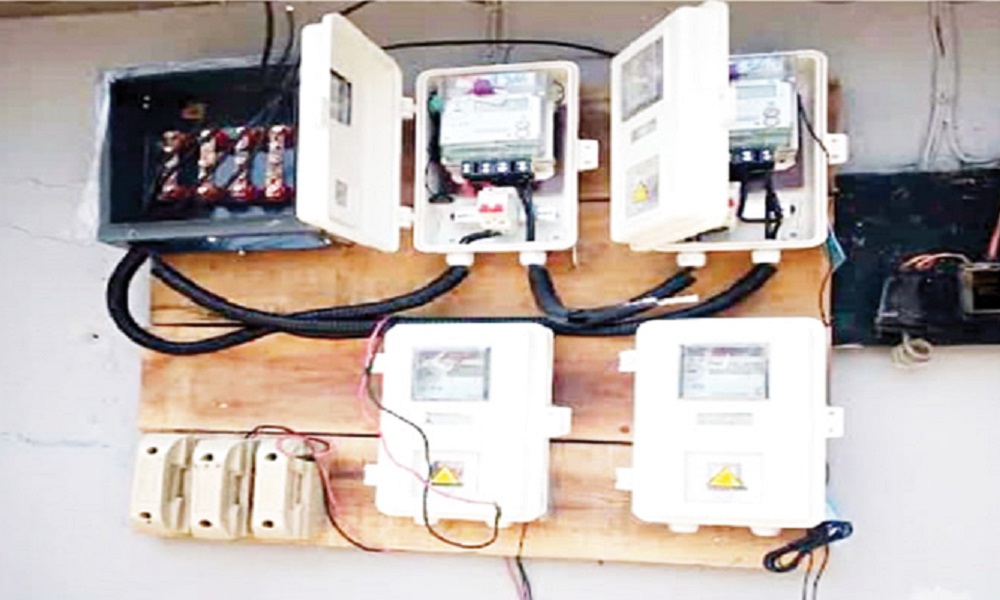The federal government has announced a step in its plan to bridge Nigeria’s electricity metering gap, with the first batch of 3.2 million meters set for delivery starting April 2025. This initiative is part of a broader strategy to ensure accurate billing, reduce revenue losses, and improve power sector efficiency.
According to a statement by Bolaji Tunji, special adviser on strategic communications and media relations to Adebayo Adelabu, the minister of power, the first consignment of 75,000 meters under the International Competitive Bid 1 (ICB1) will arrive in April 2025, followed by an additional 200,000 meters in May.
The statement comes in response to recent media reports portraying Nigeria’s electricity sector as being in crisis due to persistent metering shortages.
Tunji emphasised that while challenges remain, significant progress has been made, with over 5.5 million customers—about 55 percent of the 10.1 million active electricity users—already metered as of December 2024.
Despite concerns over the pace of metering, the government highlighted that an average of 668,000 meters are installed annually. In 2024 alone, 572,050 new meters were deployed.
Tunji acknowledged the existing gap but stressed that structured financing and government-backed programs are set to accelerate progress.
“The narrative that Nigeria’s metering gap will take over a decade to resolve is misleading,” Tunji stated. “With the current interventions, we expect significant improvements before the end of the year.”
To fast-track meter deployment, the Federal Government has launched two major programs:
Distribution Sector Recovery Program (DISREP)
DISREP aims to deliver 3,205,101 meters by 2026 through three procurement models: 1,437,501 meters via ICB1, 217,600 via NCB, and 1,550,000 via ICB2. The first batch of 75,000 meters (ICB1) arrives in April, followed by 200,000 more in May.
Funded by FAAC, PMI targets two million meters yearly for five years. An SPV will oversee implementation, with the tender for the first two million meters expected by Q3 2025.
The current metering gap has long been a pain point for both electricity distribution companies (DisCos) and consumers, with many households and businesses still on estimated billing. The lack of meters has contributed to revenue losses for DisCos and dissatisfaction among customers who dispute inflated bills.
The government’s latest interventions aim to eliminate these inefficiencies by ensuring widespread meter deployment. Tunji noted that the DISREP and PMI programs are designed to provide a sustainable solution rather than a temporary fix.
While the plans have been welcomed, industry observers emphasize the need for timely execution. Past metering initiatives, such as the Meter Asset Provider (MAP) scheme, faced delays due to funding and logistical constraints.
However, the government assures that the current financing structure—particularly the ₦700 billion PMI—will prevent such setbacks. “These are well-structured plans with secured funding,” Tunji said. “The focus should be on execution rather than undue criticism.”
For millions of unmetered electricity users, the accelerated deployment promises relief from arbitrary billing. Once installed, the new meters will enable accurate consumption tracking, reduce disputes, and improve overall power sector transparency.
As the first batch of meters arrives in April, all eyes will be on the government and DisCos to ensure seamless distribution and installation. If successful, Nigeria could see a dramatic reduction in its metering gap within the next few years—a critical step toward a more efficient and customer-friendly electricity market.

